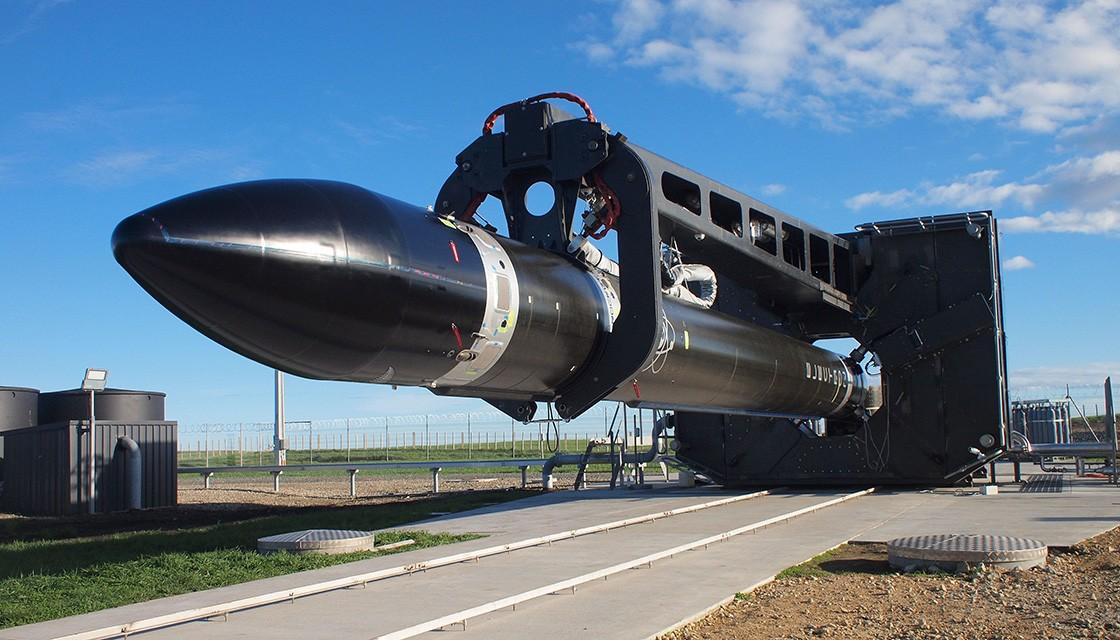
Rocket Lab, the space company founded by Kiwi Peter Beck, has announced it will try and catch a rocket booster in mid-air as it returns to Earth using a helicopter.
The company hopes by doing so, it will allow its Electron orbital-class small rocket to launch more frequently and lower overall launch costs.
Last week, as part of a commercial mission, Rocket Lab conducted a controlled splashdown and retrieval of the booster as it returned from space under a parachute.
The company's recovery helicopter, stationed 200 nautical miles off New Zealand's coast, tracked its return as it travelled at around 10,000 km/h.
During that time the helicopter stayed in contact with mission control and the recovery vessel at sea, and it meant the company's engineers halved the time of previous recovery attempts.
The booster is now back in Auckland undergoing an inspection and further analysis before future recovery operations, the first of which is scheduled for the first half of next year.
During that next launch, an aerial capture will be attempted for the first time.
"Rocket Lab’s recovery helicopter will include auxiliary fuel tanks for extended flight time during the capture attempt," the company said.
"Rocket Lab’s primary objective will be to return Electron’s booster to the mainland while attached to the helicopter."
Modifications to the parachute system will be made to allow the mid-air catch to happen, including the addition of an 'engagement line' to allow the helicopter to snag and secure it.
"As one of only two launch companies to repeatedly recover orbital-class boosters from space, we’re ready to take the final step and begin collecting them mid-air with a helicopter to race us closer to launch, catch, repeat with the world’s first reusable, orbital-class commercial small rocket," CEO Beck said.
"I’m proud of the Rocket Lab team for continuously pushing the industry forward as the leaders in dedicated small launch."
The Electron was first launched in January 2018 and since then has delivered 107 satellites into orbit for both private and public sector organisations, the company said.
That includes diverse uses such as communications, space debris mitigation, climate monitoring and national security.
TO THE MOON
In August, Rocket Lab announced it was going to launch an unmanned mission to the moon from Aotearoa's Mahia Peninsula later this year.
That timeline was delayed due to the COVID-19 pandemic, and has since been rescheduled until March 2022.
The Electron rocket will put a satellite called CAPSTONE into orbit around the Earth before its Photon spacecraft will propel the satellite quick enough to break free of the planet's gravity and towards the moon.
It's being used by NASA to test the orbit to be used by Gateway, a "vital component of NASA's Artemis program", which is dedicated to setting up a long-term base on the moon.
The Gateway will orbit the moon, providing essential support for humans on the lunar surface and then serving as a staging point for further exploration to Mars and beyond.


